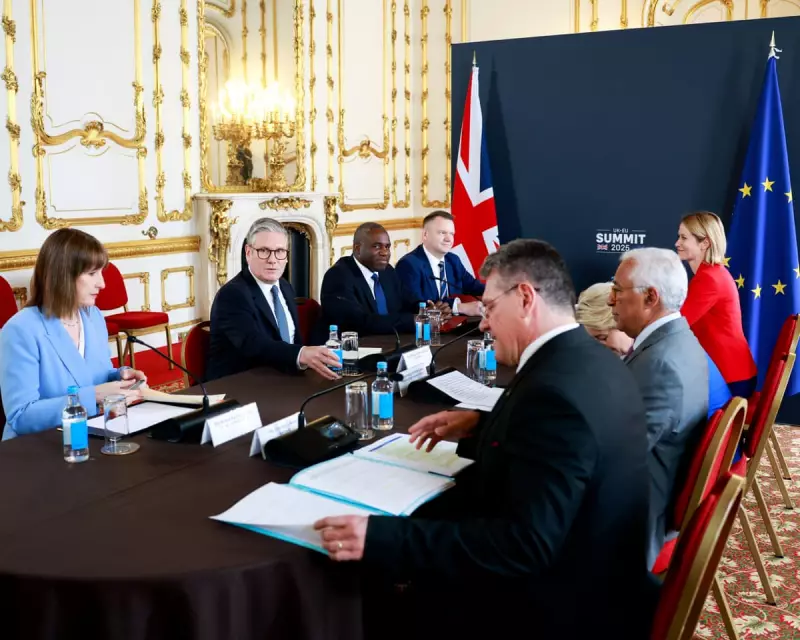
In a landmark address that could redefine Britain's global position, Foreign Minister Nick Thomas-Symonds has unveiled Labour's comprehensive roadmap for the UK's gradual return to the European fold. The ambitious strategy represents the most significant shift in UK-EU relations since the 2016 referendum.
The minister's vision, articulated during a major foreign policy speech, outlines a methodical approach to rebuilding fractured relationships with European partners. This isn't about immediate membership, Thomas-Symonds emphasised, but rather a "pragmatic, step-by-step process" of alignment and cooperation.
The Three-Pillar Approach
Central to the government's strategy are three core pillars that will guide the UK's reintegration efforts:
- Enhanced Security Collaboration: Deepening cooperation on defence and intelligence sharing
- Economic Alignment: Gradual harmonisation of regulations and trade standards
- Institutional Engagement: Increased participation in EU programs and agencies
Building Bridges, Not Burning Them
Thomas-Symonds stressed that this approach marks a decisive break from the confrontational politics of the past. "We're not seeking to re-fight old battles," he stated, "but to build a new, constructive relationship that serves British interests while acknowledging our European connections."
The minister's comments come amid growing public sentiment for closer EU ties, with recent polls showing increasing buyer's remorse over Brexit's economic consequences. However, the government remains cautious about promising full membership, recognising the political complexities involved.
The Long Road Ahead
While stopping short of committing to a specific timeline for rejoining, the minister acknowledged that this process would likely span multiple parliamentary terms. The strategy focuses initially on areas of mutual benefit where cooperation can deliver tangible results for British citizens and businesses.
This careful, phased approach reflects Labour's desire to avoid the political turmoil that characterised the original Brexit process, instead favouring gradual consensus-building and practical cooperation over ideological grandstanding.






